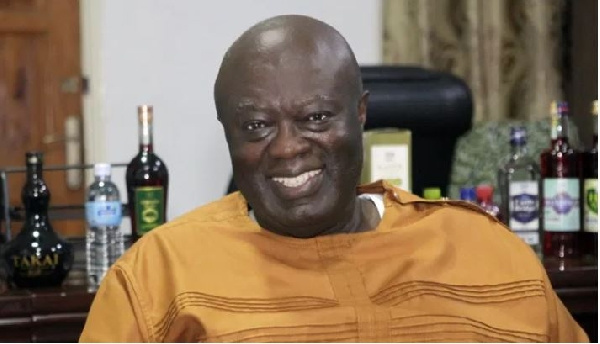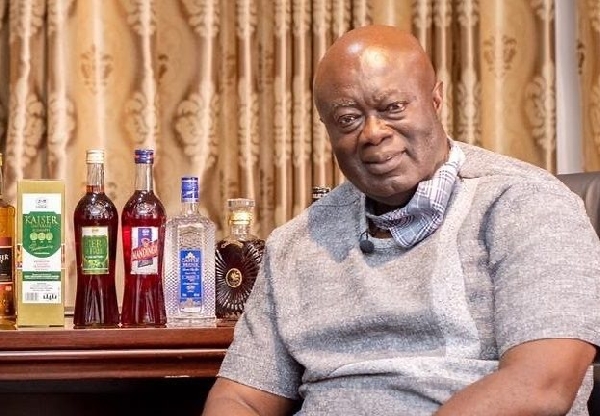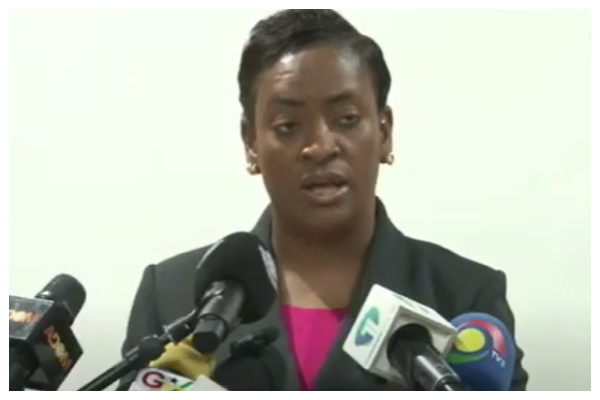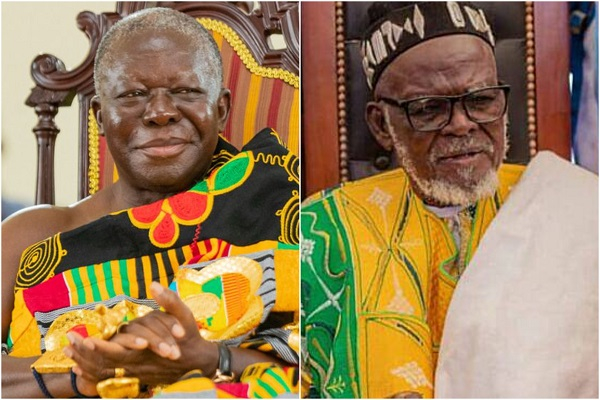Alleged $1bn fraud: Court rejects detained CBEX operators' bail application
The Federal High Court sitting in Abuja on Monday declined to grant bail to three detained promoters of Crypto Bridge Exchange (CBEX), who are standing trial over their alleged involvement in a fraud exceeding one billion dollars.
Delivering the ruling, Justice Emeka Nwite held that, based on the totality of affidavit evidence presented by both parties, it was clear that the evidence against the defendants was strong.
Justice Nwite also noted that, due to the nature of the case, the Economic and Financial Crimes Commission (EFCC) had obtained a remand order from a court of competent jurisdiction. He observed that at the time the bail application was filed by the CBEX promoters, no formal charge had been filed against them.
However, he further stated that before the hearing of the present application, a formal charge had already been filed and was awaiting assignment to a specific court or judge.
“In view of the foregoing and taking cognisance of the nature of the case, particularly since a charge has already been filed against the applicants, I am of the view—and I so hold—that the interest of justice will be best served by referring this application to the court where the charge is pending, so that the arraignment of the applicants and the hearing of the bail application can take place simultaneously.
“Hence, the application is refused,” the judge declared.
Justice Nwite had, on June 11, fixed Monday for the ruling after EFCC counsel, Fadila Yusuf, and defence lawyers adopted their processes and presented arguments for and against the application.
On April 24, the judge had granted the EFCC leave to arrest and detain six CBEX operators over their alleged involvement in the fraud.
He issued the order after Yusuf moved an ex-parte motion, arguing that detention was necessary pending the conclusion of investigations and possible prosecution.
The six suspects listed as the 1st to 6th defendants are Adefowora Abiodun, Adefowora Oluwanisola, Emmanuel Uko, Seyi Oloyede, Avwerosuo Otorudo, and Chukwuebuka Ehirim.
In the motion ex-parte dated and filed on April 23, Yusuf stated that the anti-graft agency has a statutory duty to prevent and detect financial crimes through investigation. He added, “The defendants are at large, and a warrant of arrest is required to apprehend them for proper investigation and prosecution.”
Adefowora Abiodun (1st defendant), Avwerosuo Otorudo (5th defendant), and Chukwuebuka Ehirim (6th defendant) have since been in EFCC custody. At the last adjourned hearing, Babatunde Busari, representing Abiodun, and Justice Otorudo, representing Otorudo and Ehirim, informed the court they had filed bail applications on behalf of their clients.
Their motion on notice, brought pursuant to Sections 35(1)(4) and 36 of the 1999 Constitution (as amended) and Sections 158, 162, and 165 of the Administration of Criminal Justice Act (ACJA), 2015, sought an order varying the court’s earlier order of April 24, which allowed the EFCC to detain the applicants, by granting them bail pending the conclusion of investigations and possible arraignment.
ALSO READ: Kwara: Youths burn NDLEA office, invade Emir’s palace over POS agent’s abduction, others
Opposing the bail request, EFCC counsel Yusuf argued that the application had been overtaken by events, as charges had already been filed against the defendants. She emphasized that the defendants were being prosecuted for obtaining over one billion dollars—more than the annual budgets of some Nigerian states—and that the commission continued to receive petitions from victims of the alleged fraud.
In Monday’s ruling, Justice Nwite also dismissed the defence’s argument that the 1st defendant, Abiodun, was unwell and needed urgent medical attention.
He held that the defence failed to demonstrate in their affidavit that the EFCC was incapable of taking the defendant to a hospital for specialist care.
In the affidavit supporting the motion ex-parte, the EFCC stated that in April 2025, it received intelligence relating to an alleged investment scheme fraud involving the defendants.
The commission alleged that the defendants, through their company ST Technologies International Limited, and in conjunction with Crypto Bridge Exchange (CBEX), perpetrated the fraud. The case was assigned to the Cybercrimes Section for investigation.
Preliminary findings revealed that Messrs Adefowora Abiodun Olanipekun, Adefowora Oluwanisola, Emmanuel Uko, and Seyi Oloyede used ST Technologies to promote CBEX, placing advertisements and luring unsuspecting members of the public to invest cryptocurrencies on the CBEX platform.
The EFCC stated that the defendants promised unrealistic returns of up to 100% on investments. Victims were allegedly persuaded to convert their digital assets into a stablecoin and deposit them into crypto wallets operated by the suspects.
Initially, victims were granted access to monitor their investments, but after deposits exceeding one billion dollars were made, the CBEX platform became inaccessible and withdrawals ceased. The victims later discovered that the scheme was fraudulent.
The commission further disclosed that while ST Technologies was registered with the Corporate Affairs Commission (CAC), it was not licensed by the Securities and Exchange Commission (SEC) for investment purposes.
It also revealed that the defendants had vacated their last known addresses in Lagos and Ogun States.
As part of efforts to apprehend the suspects, the EFCC said a warrant of arrest was necessary to place the defendants on a red watch list.
The commission concluded that its investigation established a prima facie case of investment scam and maintained that granting the arrest and detention application was in the interest of justice.












